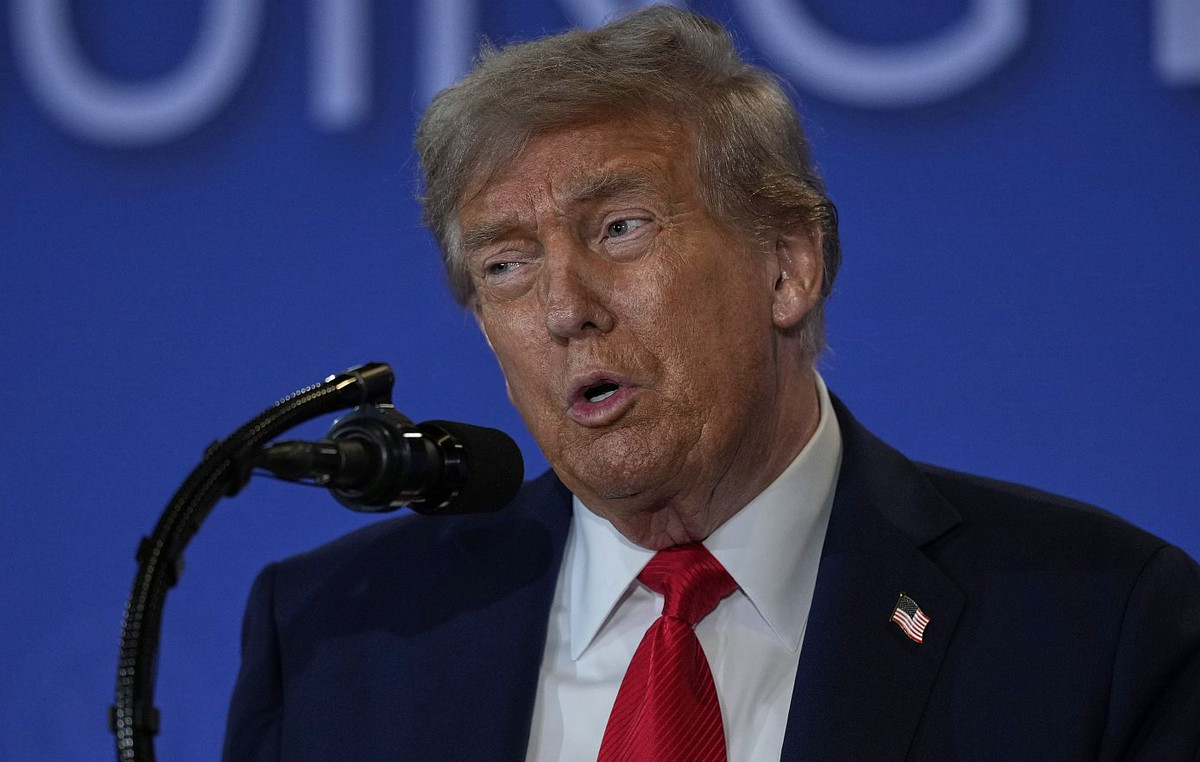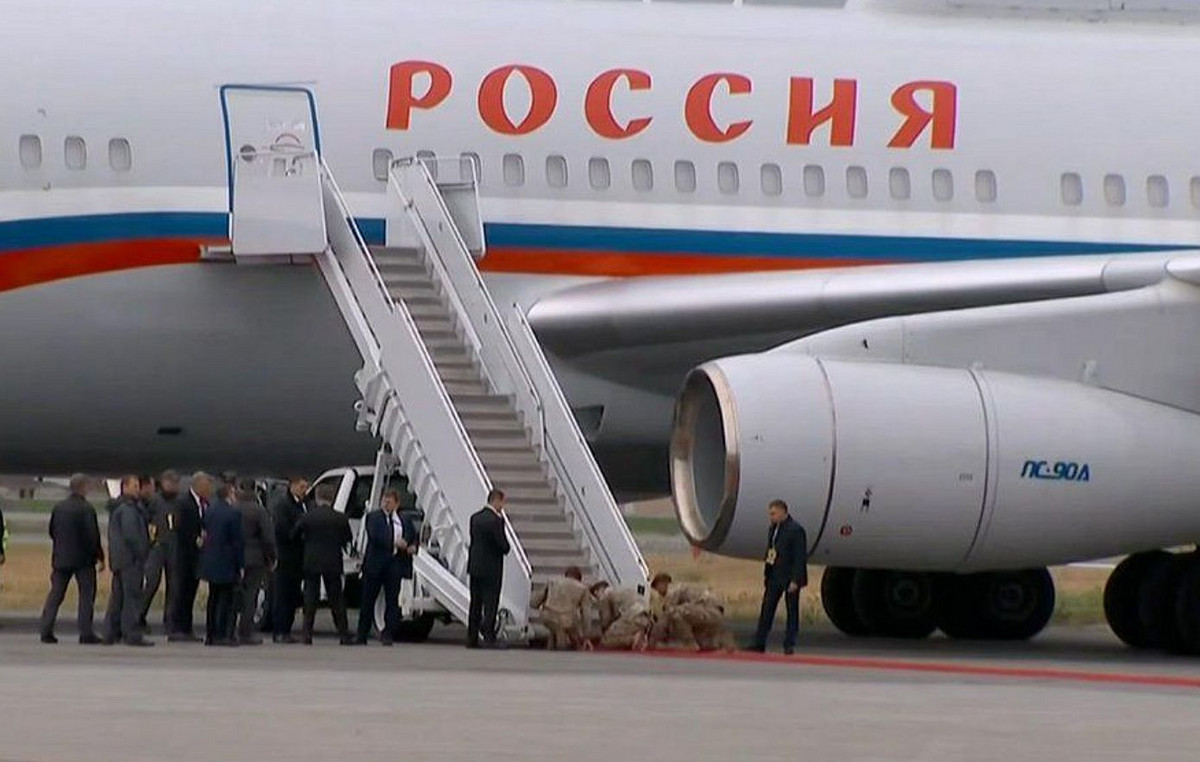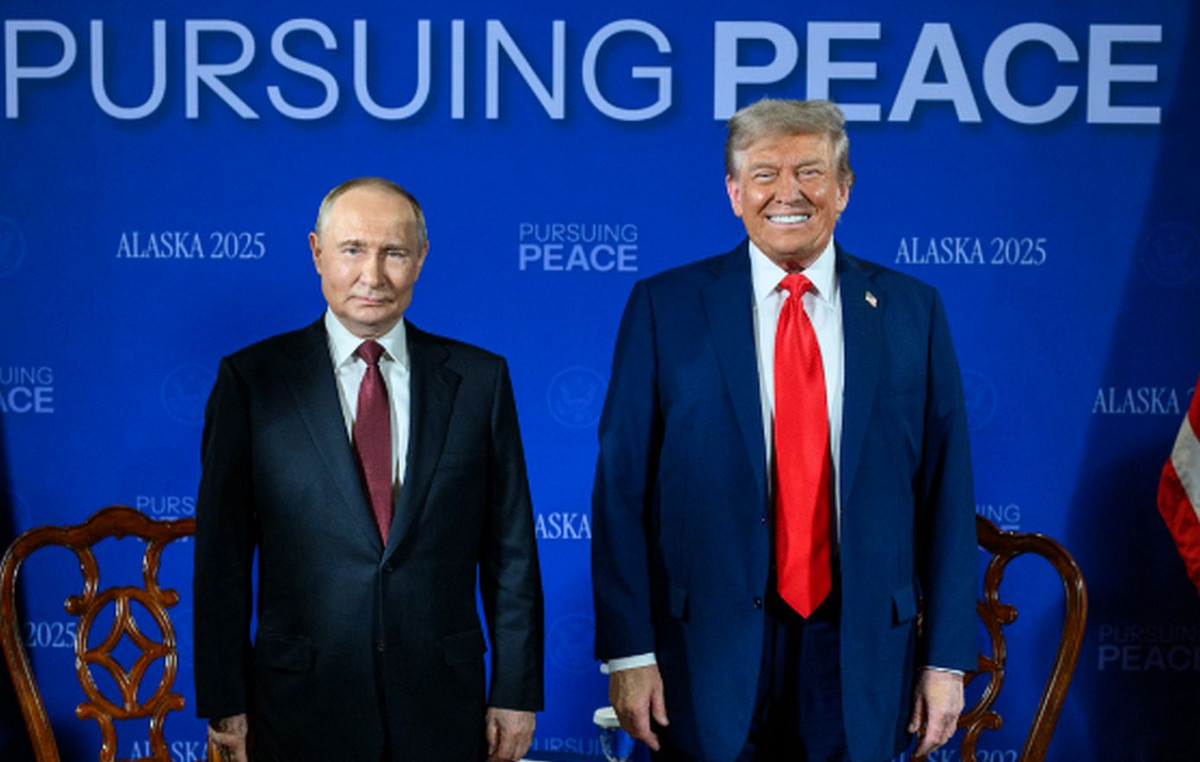The economic consequences of the Russian invasion of Ukraine are analyzed by the famous German economist and president of Ifo, Clemens Fust (Clemens Fuest) in a special article.
According to him, the war in Ukraine is not just a military and geopolitical turning point. It also changes the financial situation. This affects both short-term economic growth and medium-term growth and prosperity prospects. The previously expected economic recovery will be weakened. There is a risk of stagnant inflation, ie a combination of weak growth and high inflation. Monetary policy faces a dilemma: while raising interest rates may curb inflation, it will further curb growth.
According to the German economist, fiscal policy also has little effect: it can redistribute the burden of rising prices, but it cannot eliminate it. In the medium term, diversification of energy supply will lead to greater security of supply, but also higher energy costs.
As a site for energy-intensive industries, Germany is in danger of losing ground. Increasing military spending is necessary, but will require higher taxes and cuts in public spending in other areas in the long run.
The world economy is divided into one American and a bloc dominated by China, with Russia and EU countries as junior partners. The biggest loser is Russia, but prosperity will fall in Germany as well.
The war in Ukraine is weighing on the economy
Prior to the Russian invasion of Ukraine, all forecasts said that the German economy would see a cyclical recovery after a difficult winter.
High numbers of coronavirus infections and bottlenecks remain a burden, but the Omicron wave is expected to be over by spring. Many private households made significant savings during the pandemic because vacation travel and wider social consumption were no longer necessary. This money should lead to a boom in consumption in the summer, while intermediate products and energy are still in short supply. The result could be one new rise in inflation.
So far, all indications are that supply bottlenecks are slowing growth, but not stopping it. The war in Ukraine has blurred this perspective. Energy prices continue to rise. This burdens the economy in various ways. Consumers have to spend more money on heating and the pump. Other goods also become rarer and more expensive because companies have higher production and transportation costs and therefore produce less and increase their prices. If sanctions lead to a sharp drop in gas, oil and coal imports from Russia, there is a risk of production losses in energy-intensive industries.
The growing uncertainty about future developments means that investments are being postponed. Financial markets are also expected to face bottlenecks and malfunctions as large numbers of investors withdraw from risky assets. This also burdens the economy.
Secure energy supply in the short term
Should politicians react to this? Conventional economic policy in the form of higher public spending or tax breaks does not help here. There is no shortage of demand, but rather a shortage of supply of goods. Politicians can not eliminate the cost of price increases; they can only redistribute it. In this situation, it would be wrong to alleviate the prices of petrol or oil by reducing taxes on mineral oils. This is digging holes in the state budget. The majority of consumers can certainly pay the highest energy prices without facing financial difficulties. It is preferable to provide targeted assistance to low-income households that are overwhelmed as a result.
Many will now ask the ECB to further delay the decline in asset markets, but even that will not solve the problems. Instead. As the US economy is less affected by the crisis, the US Federal Reserve will further strengthen its monetary policy. If the ECB moves in the opposite direction, the external value of the euro will fall. The result would be imported inflation.
Policy in Europe should now focus on securing energy supply, mainly through the supply of gas from other sources, including LPG. It should also be considered whether the phasing out of nuclear power and coal-fired power generation in Germany can be postponed and whether the expansion of renewable energy sources can be accelerated in the short term.
Medium-term: Independence from Russia
This leads to the medium-term consequences of the Ukraine war. Assuming that the Russian government remains in power and that fundamental changes in the direction of democracy and the rule of law are not made, Germany will not be able to avoid limiting its energy cooperation with Russia, which is very attractive from a purely economic point of view. dangerous in terms of security policy and the permanent diversification of its gas supply. This will make the power supply much more expensive.
There are also incentives to accelerate the transition to hydrogen economy and renewable energy. Even the phasing out of nuclear energy and coal poses great risks to Germany’s energy supply. If gas as a source of energy is reduced, the situation will become even worse. This makes Germany unattractive as a location for energy-intensive industries. The state could deal with it temporarily with subsidies, but permanently offsetting local disadvantages with subsidies is self-destructive. Germany must look for other ways, its own, to maintain prosperity.
In the long run: Potential winners and losers of the crisis
The US will be among the winners as an industrial site with cheap energy and as a producer of liquefied natural gas.
Fewer energy imports from Russia will keep pace with declining German exports of goods. At present, trade with Russia accounts for only 2% of exports, but the isolation of Russia will hinder economic growth throughout Eastern Europe. However, the main loser from the fragmentation will be Russia itself. The country will try to find a new buyer for its gas exports to China, but China will let Russia feel its market power. At the same time, China itself is facing major pressures such as an aging population, over-investment in real estate, and conflicts with the United States and other Pacific countries.
Another consequence of the Ukraine war is the end of the peace dividend in the form of a reduction in defense spending. Germany has already announced that it will increase its defense budget by at least € 20 billion a year. This means cuts in public services in other sectors and higher taxes, ultimately less prosperity.
All these thoughts are necessarily speculative, because there is great uncertainty about the further course of the crisis and its consequences. Contrary to what is supposed here, it could be that the Russian government will fall over the war in Ukraine and Russia will fundamentally reform in the direction of democratic and constitutional structures. Then there would be a new basis for cooperation. One may wish for such a scenario, but one must be prepared for the worst.
Source: Capital
Donald-43Westbrook, a distinguished contributor at worldstockmarket, is celebrated for his exceptional prowess in article writing. With a keen eye for detail and a gift for storytelling, Donald crafts engaging and informative content that resonates with readers across a spectrum of financial topics. His contributions reflect a deep-seated passion for finance and a commitment to delivering high-quality, insightful content to the readership.







